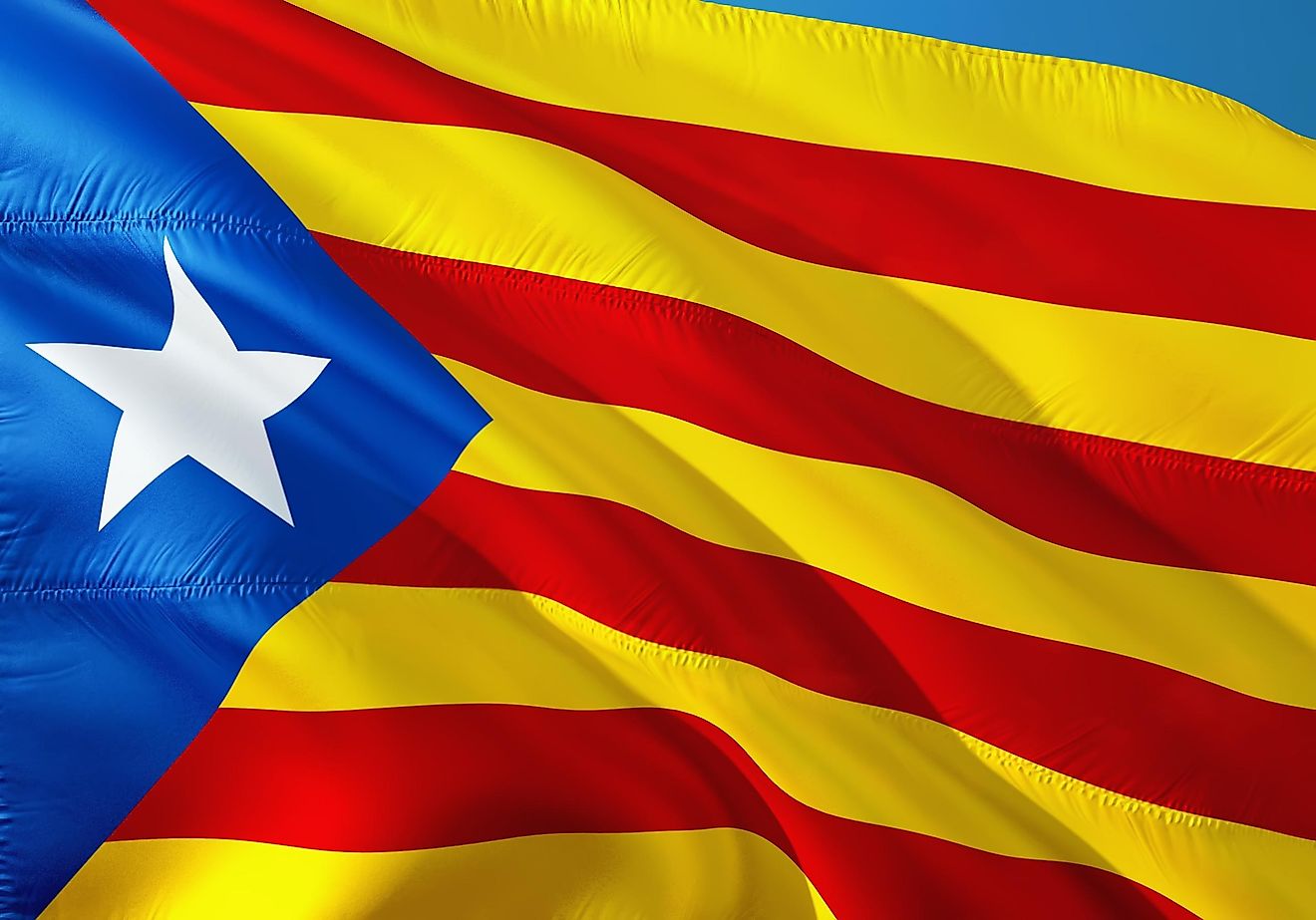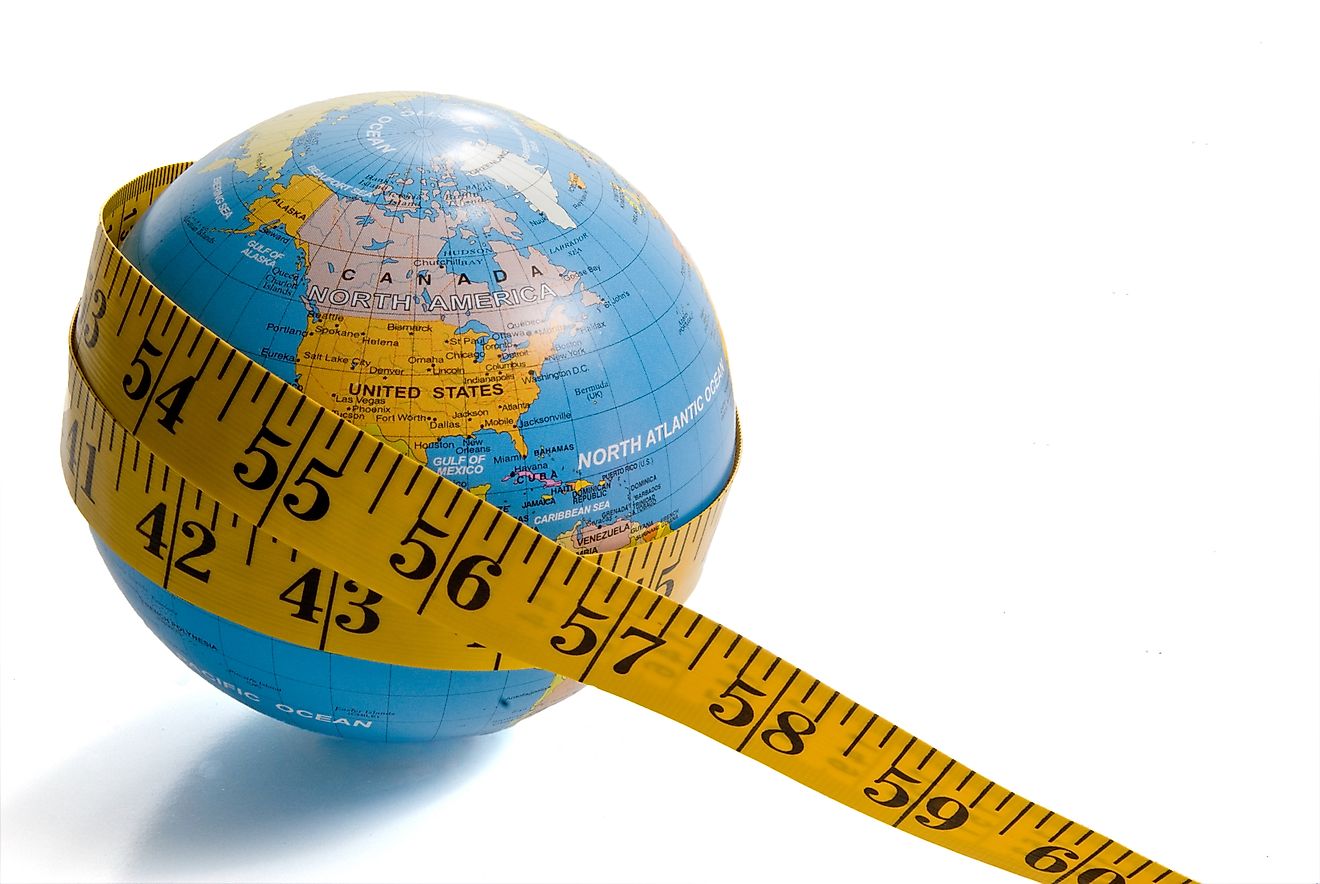Is Catalonia A Country?

A country is defined as a geographical area that is identified as a distinct national body. It is usually characterized by its government. Catalonia does not meet this definition and therefore cannot be categorized as a country. Catalonia is a self-governing community, which is classified as an autonomous community in Spain; this means it is a first-level partisan and administrative division. It is situated on the northeastern corner of Iberian Peninsula and is voted as an ethnic group by its statute of autonomy.
History of Catalonia
The Etruscans, Greeks, and Phoenicians were among the first people to settle in the coastal areas of Rosas in Catalonia. The Romans then followed, and Catalonia became a part of the Roman Empire until the Visigoths dominated it in the fifth century. The countries that resided in Catalonia then allied with the Crown of Aragon. In the thirteenth century, Catalan self-administration established organizations under the exception of the Generalitat de Catalunya.
Catalan was able to keep its autonomic organizations in 1476 after Crown of Aragon unified with Castile. The Catalan organizations were, however, disbanded in 1714 after Barcelona's conquest. Catalonia then sought after the Spanish Republic to form a new state but this only intensified the differences between Republicans, eventually weakening them. The House of Bourbon and the monarchy then took control in 1874. In 1923, General Primo de Rivera declared a dictatorship and Catalonia turned into a center of hostility and conflict.
Later, Francesc Macia productively pressed for significant rights of autonomy for Catalonia. The Spanish parliament approved the statute of Autonomy of Catalonia in 1932, and the Catalan parliament selected Macia as the president of Catalonia. The Catalan language and culture did not last long as it was inhibited after the Spanish civil war that took place from 1936 to 1939. The political parties were also banned. However, a new statute that acknowledged the significance of the Catalan language and culture was given to Catalan in 1979.
In 2006, Catalonia was again given a new statute that expanded the authorities of the Catalan government, but it lost it after criticism by the Conservative Popular Party. Carles Puigdemont, who was the Catalan president in 2016, proceeded with the nationalist course of his forerunner, Artur Mas. He called for a new referendum in 2017, but the Spanish Prime Minister, Mariano Rajoy dismissed it.
Facts about Catalonia
Catalonia comprises of four provinces; Girona, Tarragona, Barcelona, and Lleida. Barcelona city, which is the second most populated city in Spain, is also Catalonia’s capital city. The independent Spanish communities of Aragon border Catalonia to the West, while to the north it is bounded by France and Andorra. It is also bordered by the Mediterranean Sea to the East and Valencia to the South.
In conclusion, Catalonia was born in the midst of the reconquest of Spain like many other regions of Spain. It was formed inside Spain's middle age kingdom, Aragon, which is currently a region. Catalonia was just an integral part of Aragon and never a kingdom. Spain then became one integrated kingdom, which turned into a nation-state.











